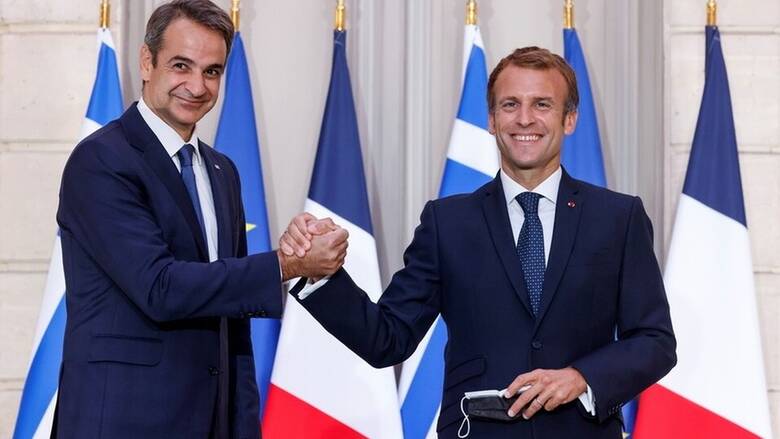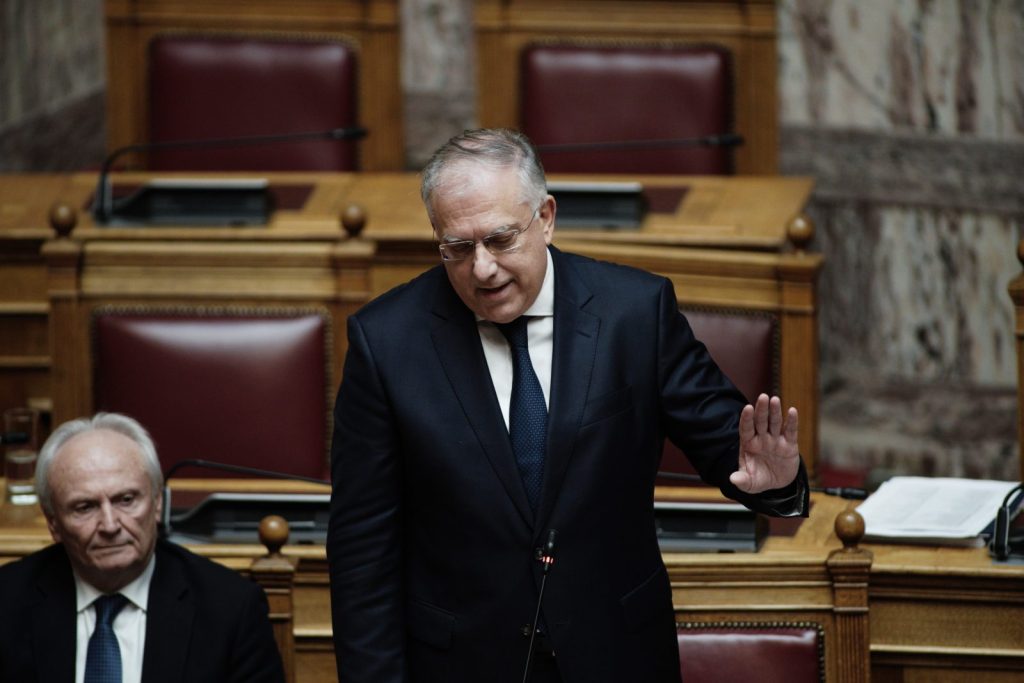We are already in the third month of Russia’s murderous war against Ukraine that has proved disastrous for the entire world, and there is no end in sight.
On the contrary, the conflict is deepening and is tending to expand dangerously, to the point that one cannot rule out the use of tactical nuclear weapons.
It is indicative that over the last days Russian Foreign Minister Sergei Lavrov intimated that there is a prospect that nuclear weapons could be used, and the next day the ministry spokesperson threatened NATO member-states that are arming the Ukrainian Armed Forces, which are defending their country.
Two days later, Russian President Vladimir Putin directly threatened with reprisals those who may seek to intervene in Ukraine.
That was preceded by a United States initiative to convene at the Ramstein Air Base in Germany a meeting of the defence ministers and the chiefs of the armed forces of 40 countries, where American Defence Minister Lloyd Austin declared that the US leadership would keep “moving heaven and earth” to defeat Russia in the unjust war that it launched.
Tensions and threats are multiplying for a number of reasons.
The autonomous Trans-Dniester region of Moldova, which is dependent on Moscow, is being involved in the war, with deep repercussions on the impoverished country.
Declarations by Finland and Sweden that they intend to apply for emergency accession to NATO have greatly irritated Russia, which has further escalated tensions and threats.
China’s rhetoric is becoming harsher, suggesting that international tensions have been aggravated, and Moscow’s decision to cut off natural gas supplies to Poland and Bulgaria is yet another alarming signal.
This confluence of events has intensified the existing atmosphere of uncertainty and has increased inflationary pressures on Europe, which is highly dependent on Russian energy.
Indisputably, it is Europe that is confronting the greatest dangers from the evolving, multi-faceted crisis.
Yet, it appears to be unable to undertake the necessary initiatives. The EU’s leading power, Germany, which until recently enjoyed both the defence security offered by the US and imports of huge quantities of cheap Russian natural gas, is undecided and wavering, and it is dragging the rest of Europe into a similar stance.
The entire game and challenge of answering Russian aggression has been assumed by the US, which has chosen to weaken Russia as much as possible and bring it to the negotiating table militarily trounced.
Essentially, the US is leading the entire effort and rushing in, even as Europe follows, panting.
The Americans, however, are 5,000 miles from the theatre of military operations, and the Europeans will necessarily bear the brunt of the consequences of the war.
European countries and societies are already heavily burdened both by a major hike in natural gas prices and the nuclear threat, and that will have repercussions on their political and social stability.
One could say that Europe is approaching the breaking point at a moment that it is unable to react and is at the mercy of future events.
It is impermissible for Europe and its citizens to fall into such a vulnerable position, so it is preferable for European leaders to do more to establish peace rather than to fuel the war.
Emmanuel Macron’s clear victory in the recent French presidential elections may serve as an opportunity. It is also probably an opportune moment for Greece’s prime minister to pressure Paris in this direction.
The two leaders enjoy a good relationship, their worldviews are nearly identical, their countries’ interests overlap to a large degree, and it is certain that peace will benefit us more than war.




